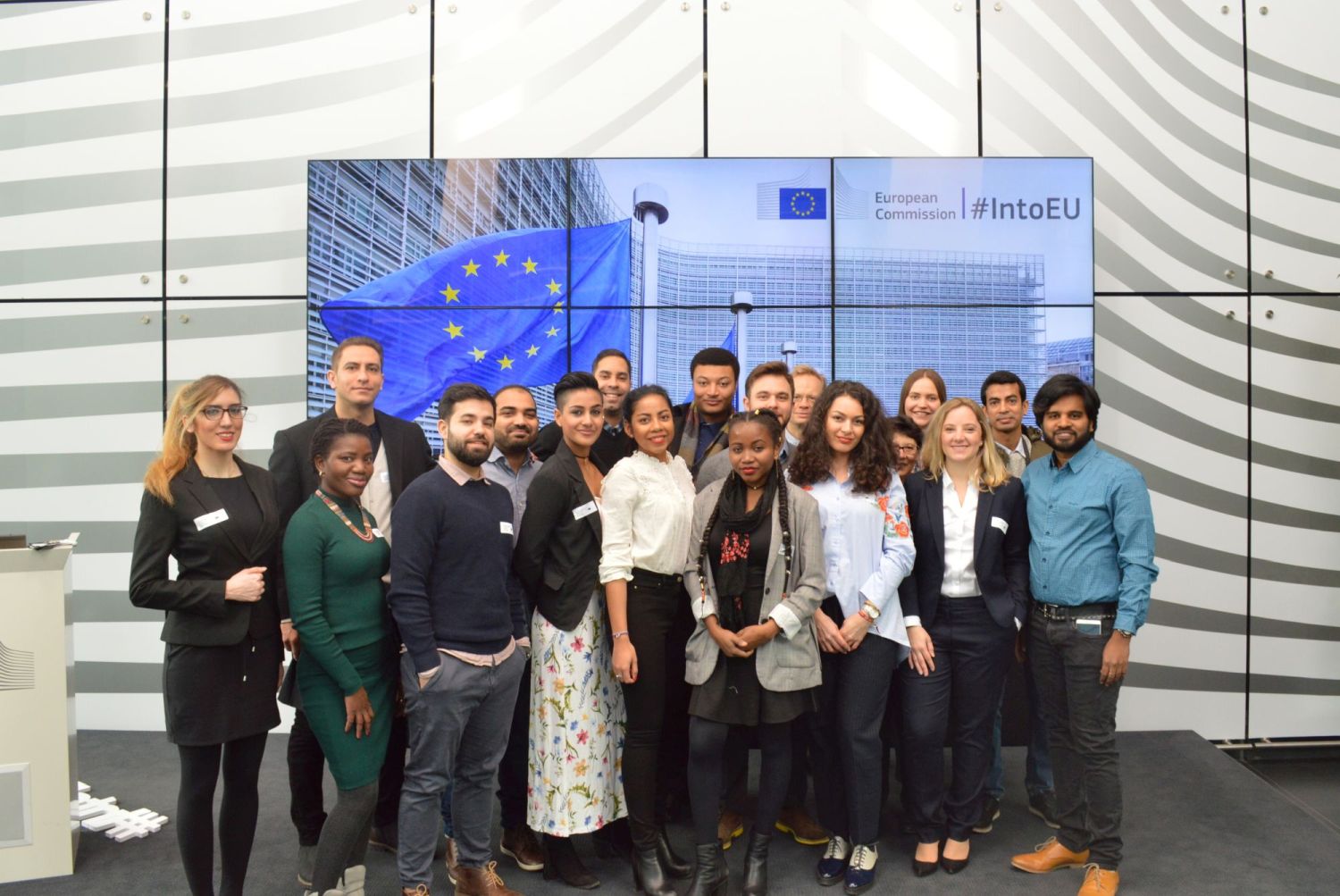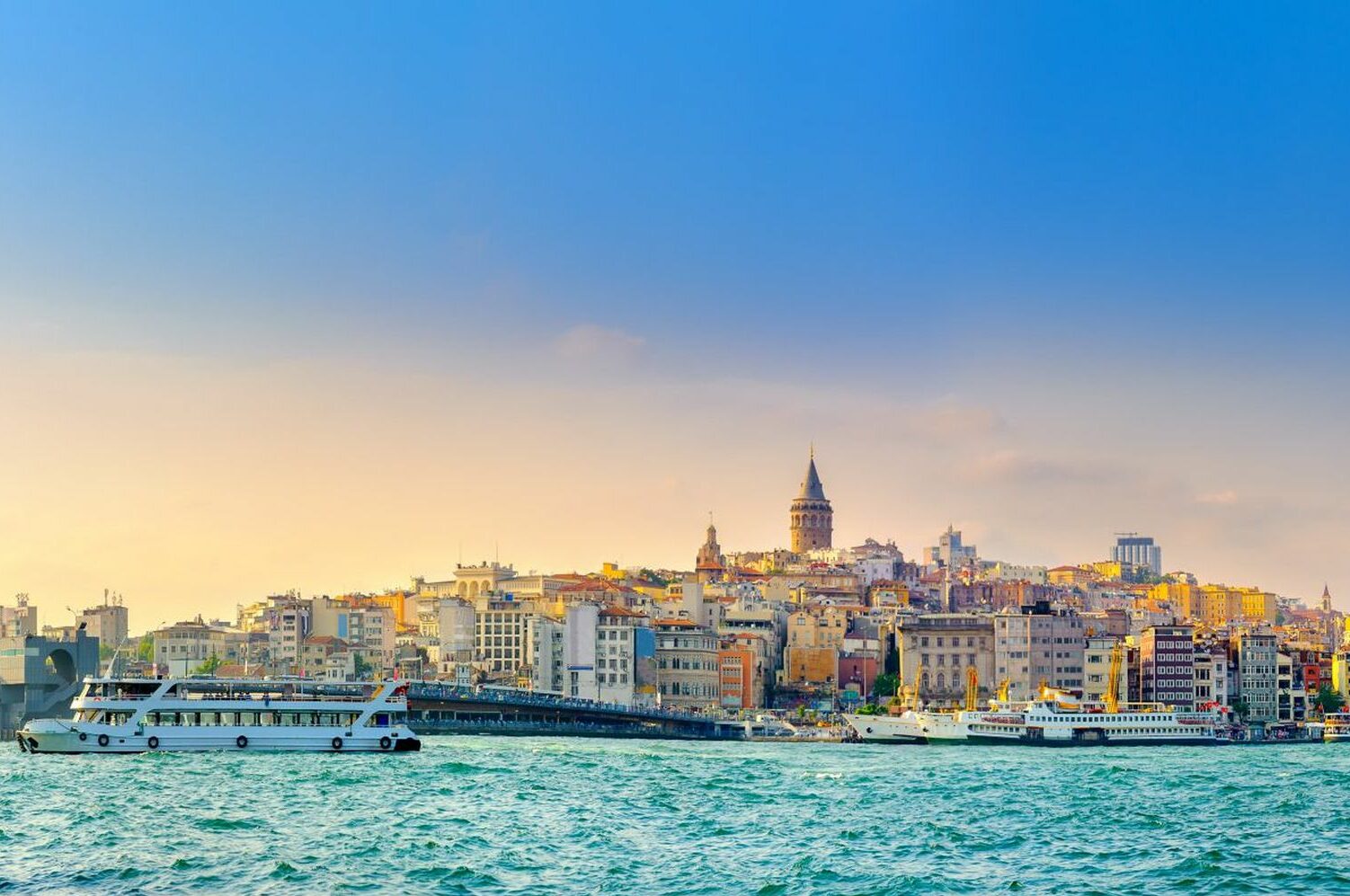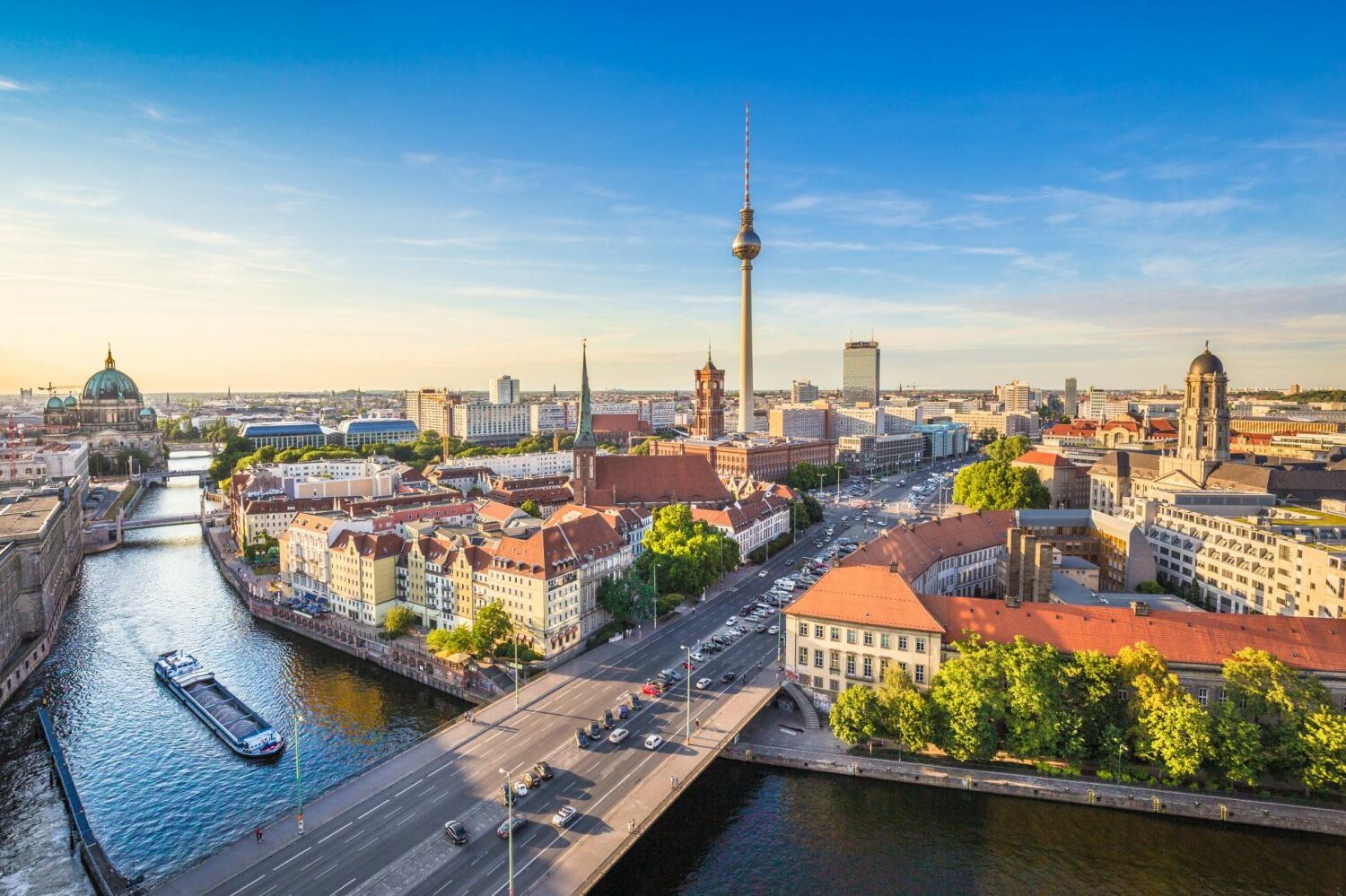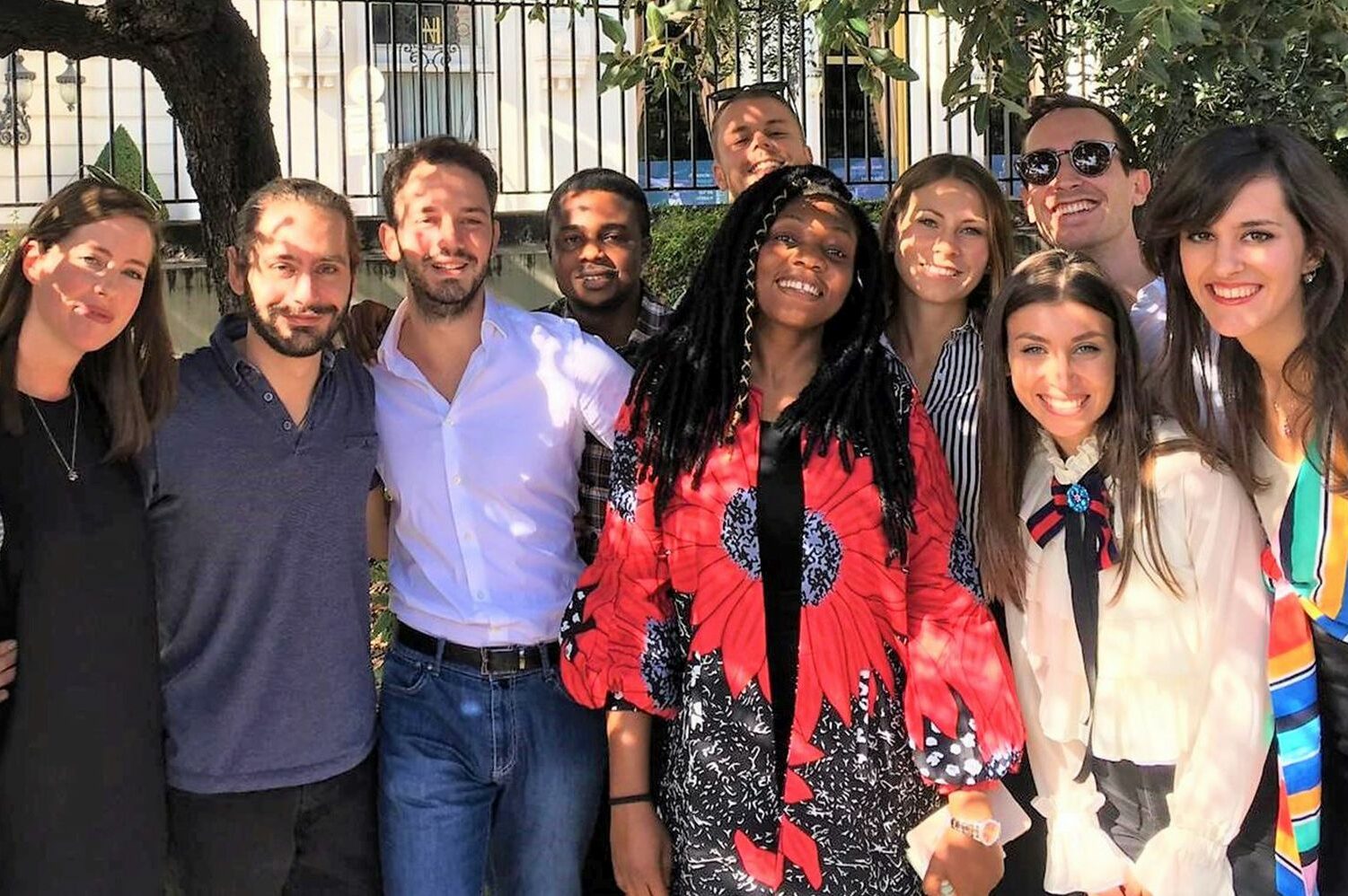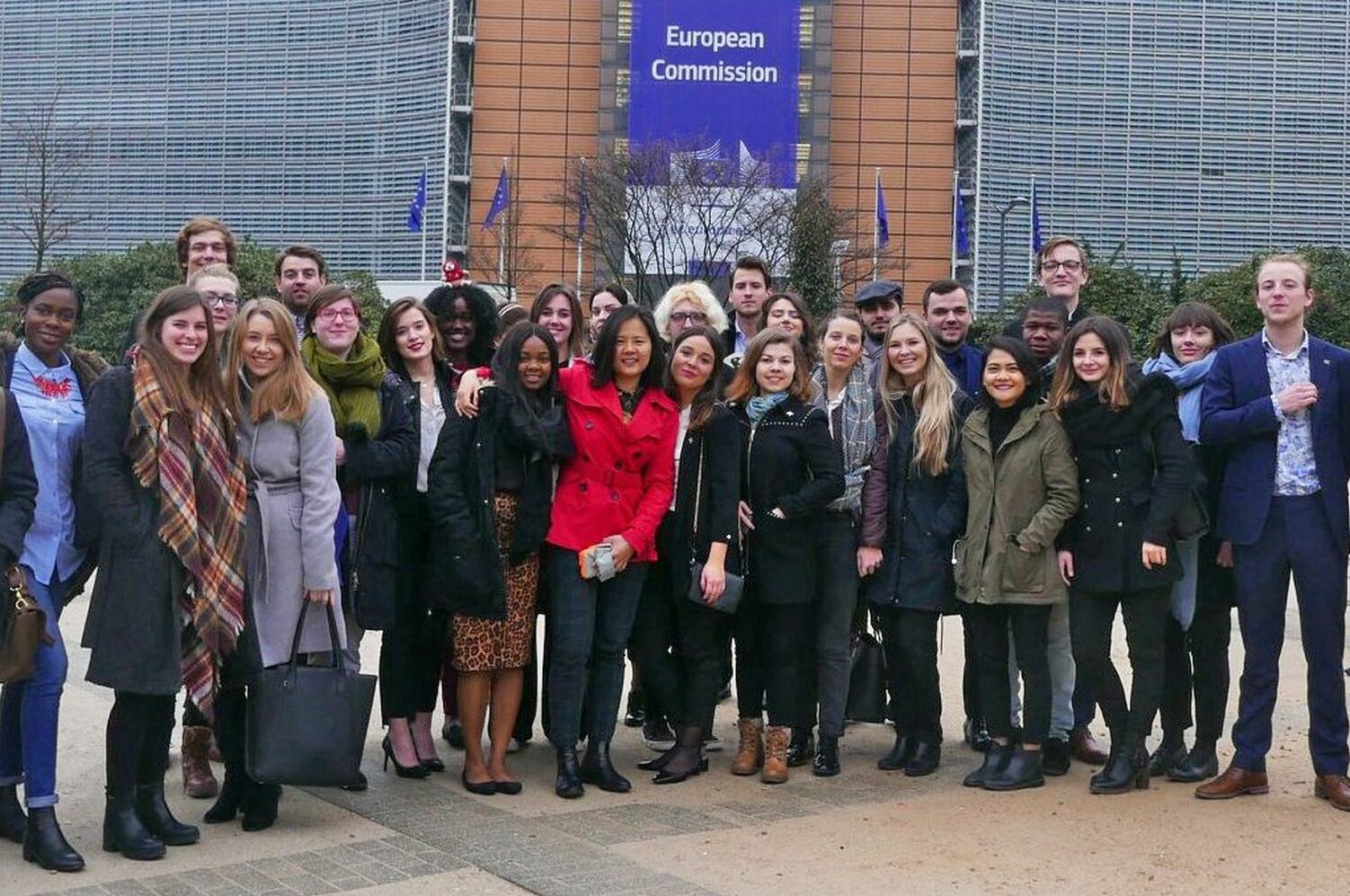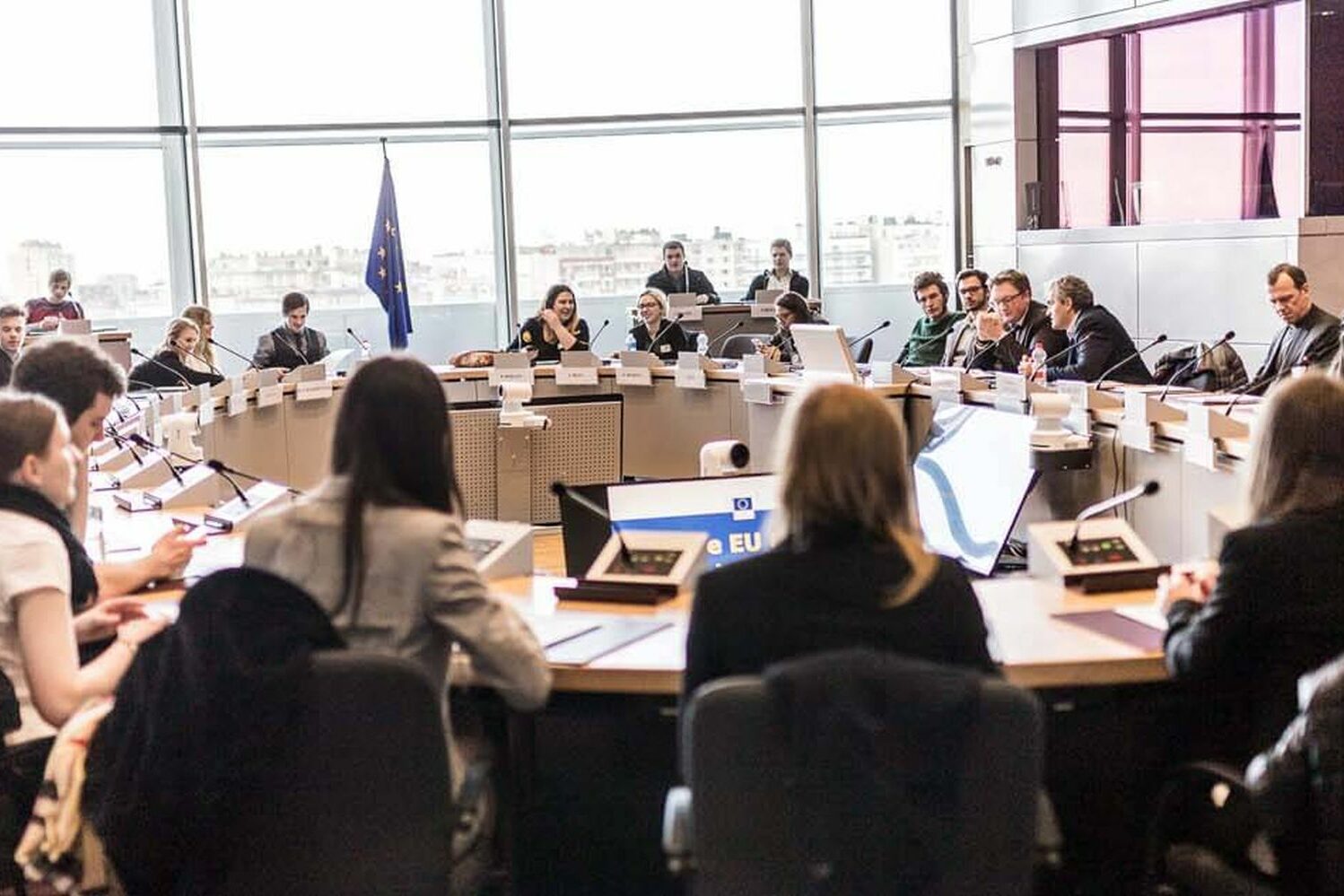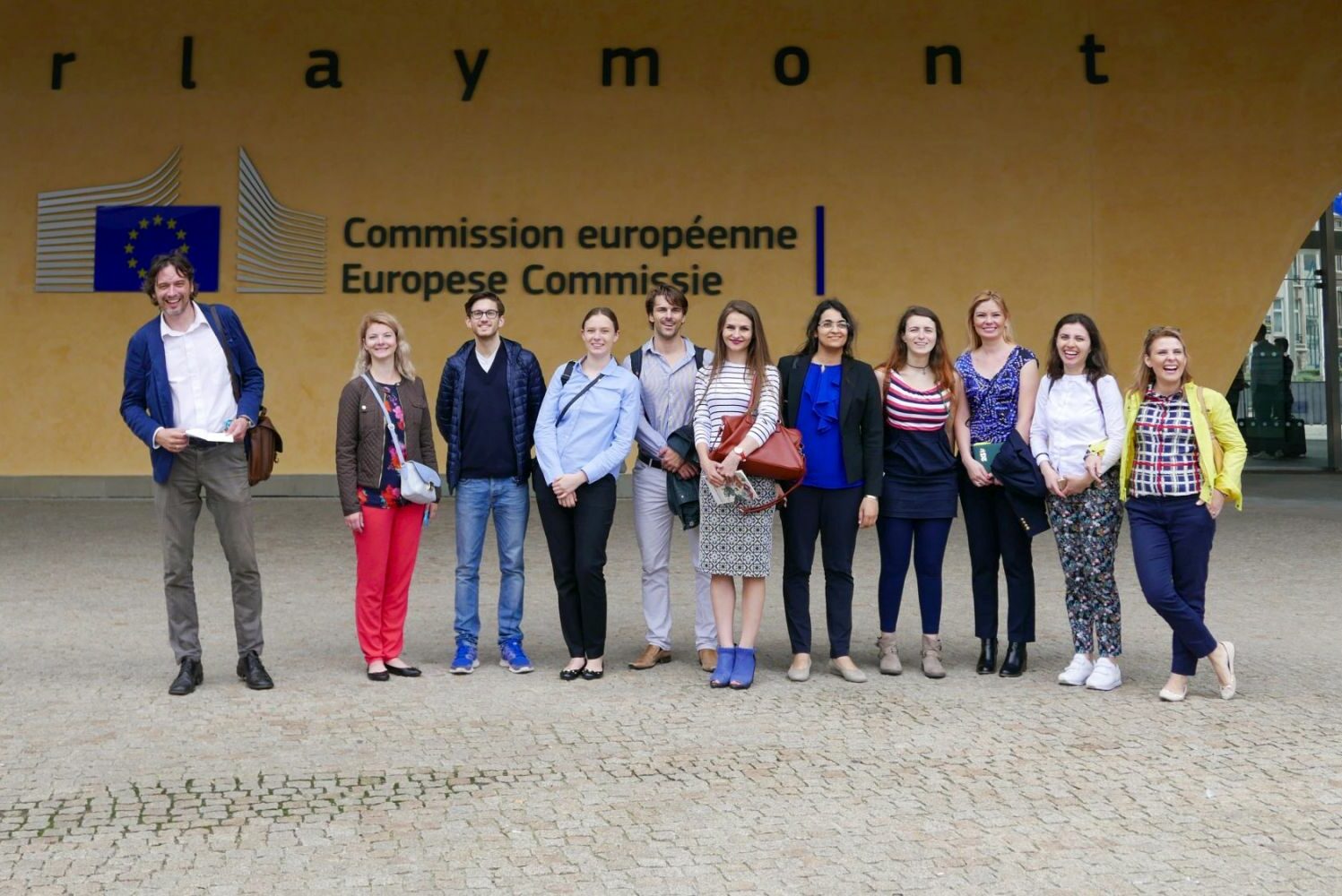
Joint Master in European Cultural Governance
The Joint Master in European Cultural Governance (EUCULTURE) is offered by CIFE and the School of Government at Luiss Guido Carli.
Duration
1 year
Starting Date
October
Tuition Fee
€ 11,000
Study Destinations
Rome, Berlin, Nice
About the programme
With this new Master, students will live in Rome, Berlin and Nice and learn how the intrinsic relationship of Cultural Heritage, Sustainable Development and the Digital Transition can contribute to a constructive transformation of 21st century society.
During the year, students of the EUCULTURE Master will:
- Embark on a cultural Grand Tour of Europe with immersive experiences in culturally significant locations in Rome, Berlin, Nice and Paris;
- Gain a comprehensive understanding of European cultural heritage and its challenges in light of the twin ecological and digital transitions;
- Study the new policy opportunities and challenges raised by artificial intelligence;
- Learn how Europe’s cultural policies can be a model for global sustainable development;
- Comprehend the legal and economic dynamics of the modern cultural and creative industries in the EU;
- Acquire the professional skills required to manage, budget and fundraise for European cultural projects;
- Meet and exchange with key actors in the culture sector, such as artists, museum curators, policy-makers and academics.
Applied Research – Contributing Partners
Students are expected to actively participate in applied research studies provided by our contributing partners. To complement their studies, motivated graduates may apply for traineeships in these institutions.
Contributing partners of the programme:
- Italian Association of Historic Houses, Rome
- Fondazione Roffredo Caetani, Rome
- UNESCO, Paris
- Musée du Quai Branly – Jacques Chirac, Paris
- European Commission, DG for Education, Youth, Sport and Culture, Brussels
Overview of the Academic Year
The Joint Master in European Cultural Governance is a one-year programme that takes place in three different cities:
- October to January: Rome (Italy)
The programme starts in Rome, on the campus of Luiss School of Government. Courses will give an introduction to Governance of Cultural Policies, focusing on EU policies and cultural management, specifically in the Mediterranean region.
- February to April: Berlin (Germany)
The programme continues in Berlin, in the CIFE premises. Teaching will concentrate on Central and Eastern European Culture and Sustainable Development. Students will gain insights into the role of culture in local and regional developments, learning how cultural institutions and artists contribute to the ecological transition.
- April to July: Nice (France)
Courses conclude in Nice, on CIFE’s main site. A special focus will be laid on Western European Culture and the Digital Transition. Students will attend courses on Cultural Differences in a Multicultural World, Cultural Diplomacy and Digital Cultural Heritage, as well as the Ecological Transition of Culture.
A study trip to the cultural hub of Paris provides the opportunity to interact with key actors in the culture sector and gain insights into the workings of major cultural institutions. As part of their academic requirements, students will complete a final Master thesis.
Programme Structure & Learning Outcomes
Stretching over one academic year the programme, organised by Luiss School of Government in Rome and CIFE in Berlin and Nice, is structured into four modules.
1. Governance of Cultural Policies at Luiss School of Government in Rome
Learn the context and challenges of European cultural policy in the 21st century while attending the following courses:
- European Institutions
- European Union Policies and Programmes
- EU Funding for Culture
- The Cultural Heritage of Mediterranean Europe
- The Management of Cultural Heritage
2. Central and Eastern European Culture and Sustainable Development at CIFE in Berlin
Study the immense potential of cultural heritage to achieve the ambitious objectives of the Sustainable Development Goals:
- Cultural Heritage of Central and Eastern Europe
- Cultural Institutions and Policies for Sustainable Development
- Art and Leadership: Learning Sustainability from Visual Art
3. Western European Culture and the Digital Transition at CIFE in Nice
Investigate how the digital economy and AI shape 21st century cultural policies:
- Cultural Heritage of Western Europe, Enhancing Opportunities from Cultural Differences: How to Work in a Multicultural World?
- Cultural Diplomacy and Policies for Digital Cultural Heritage and Contemporary Arts
- Cultural Public Policy and Sustainability: Implementing the Ecological Transition of Culture
4. Applied Research Methodology, Case Studies, Laboratories and Skills Workshops throughout the whole curriculum in Rome, Berlin and Nice
Degree & Title
At the end of the programme, graduates…
Receive three certifications:
- Two diplomas for the Joint Master in European Cultural Governance (EUCULTURE) (one issued by CIFE and the other by Luiss), certifying the successful completion of the academic curriculum and granting 60 ECTS at Master level.
- The degree qualification “Policy Officer in European and International Organisations” (level 7 EQF), recognised by the French state.
Become a member of two alumni networks:
Connecting with CIFE’s and Luiss’s networks of policy-makers and diplomats while also accessing exclusive project opportunities in European and international institutions.
